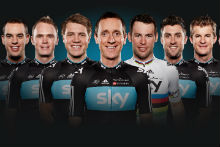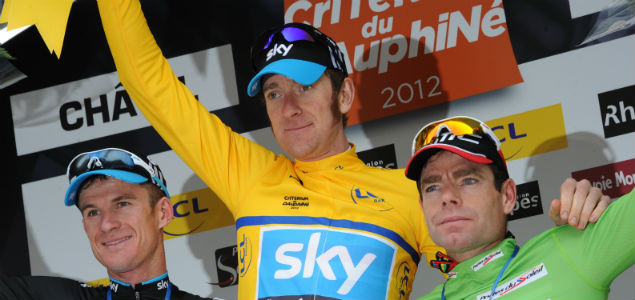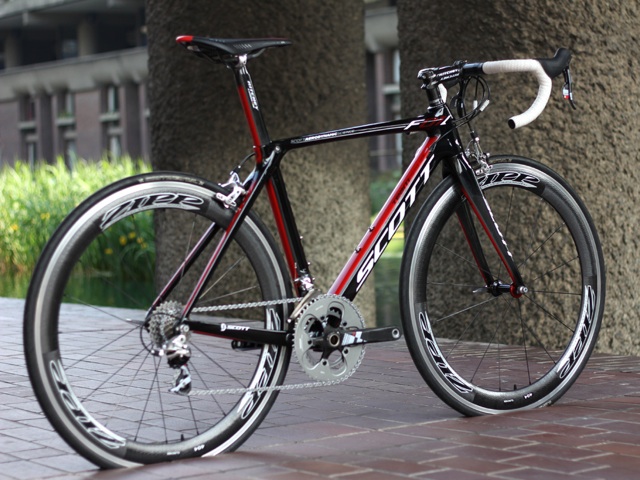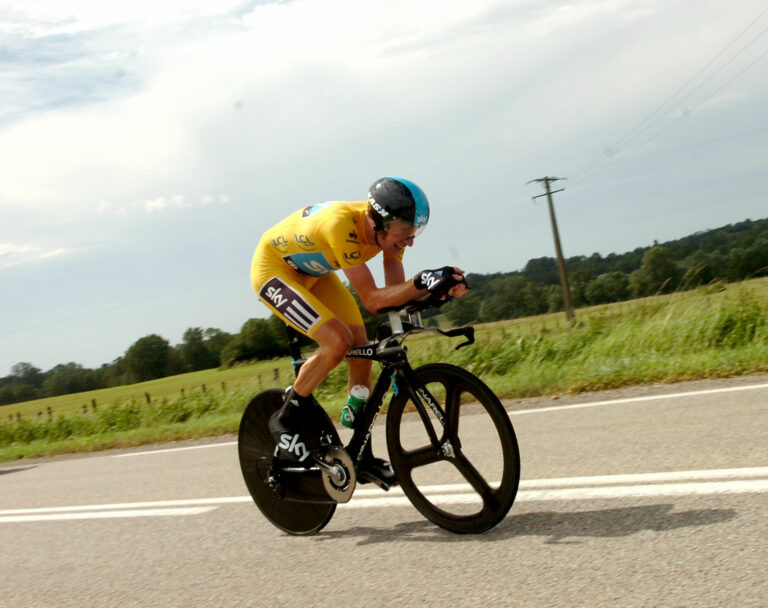As we enter the final weekend of the 2012 Giro d’Italia, the riders will be calling on their deepest reserves of fitness to make it to Milan.
Amateur riders tackling multi-stage events of their own this summer, whether it be the Tour of Wessex or the Ras Cymru, will wonder how such reserves can be developed.
We turned to Dr Auriel Forrester, Senior Coach with the Association of British Cycle Coaches, a former head of a university sports science department, and now running her own Scientific Coaching consultancy, to find out.
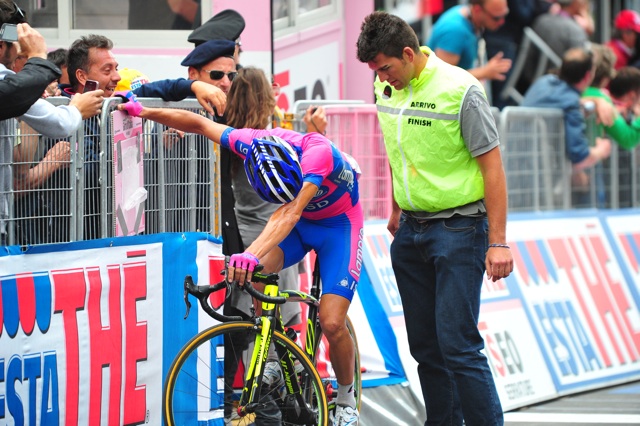
What is the link between pacing and recovery?
The concept of ‘economic pacing’ applies as much to the enthusiastic amateur as the Grand Tour specialist, says Dr Forrester. Simply put, digging too deeply to achieve a faster finish in the misguided hope of lengthening your recovery time will harm your performance the following day.
“Tour riders will use their power meters to make sure that, having done their designated team role, they get themselves to the finish as optimally efficient as the time limit and the terrain allows,” says Dr Forrester.
The power meter is a useful tool also for the sportive rider seeking to avoid an “un-repayable fuel debt”, she adds. Training with a power meter will allow the rider to gauge their effort during the event. “A rider will know that he or she can afford to do a 60-minute climb at say 240 to 260 watts and still have enough in reserve to complete the rest of the stage comfortably with the rest of the climbs executed at a similar sort of power level,” she says.
Conversely, the sportive rider who grinds out 300 watts on the first climb of the day is likely to slow on flat sections in a bid to recover and struggle to hit 200 watts on subsequent climbs.
Can I fuel for recovery or only to perform?
In multi-day events like the Giro, the riders are fueling not only to complete the stage, but to aid muscle recovery. Protein enriched drinks will minimise muscle breakdown, says Dr Forrester; energy should come from easily assumable carbohydrate sources, consumed as soon after completing the ride as possible. “Fuelling for this sort of challenge merits a full article on its own but suffice to say keep eating and drinking,” she says.
Digestion is another key issue, and foods like bananas and rice puddings for carbohydrate, and chicken and tuna for protein are recommended by Dr Forrester.
Is there a correct procedure for resting?
Time spent in the saddle by the professionals contesting the Giro forms part of a structured day in which time off the bike is targeted at the following day’s performance. But what of the amateur, away from home, riding perhaps for the first time outside of a regular schedule in which riding time is fitted around work and family commitments?
Eight hours solid sleep is better than ten hours of tossing and turning, says Dr Forrester, and a recovery drink, music, and preparation for the following day can be an aid to this. While the professionals have soigneurs to prepare their kit for the following day, amateurs must do this for themselves, and knowing you’ll have all you need for the next day in the saddle can be a relaxing way to recover ahead of the following stage. “Plan out your strategy for tomorrow, taking note of the feed stops and major climbs and descents so you don’t lie away worrying,” she says. “Set the alarm early enough to have a good breakfast, get your kit on and chill out for a few minutes before the race starts.”
Most Grand Tour stages start nearer to midday than a sportive, and the additional rest and recovery is highly valued by the riders, she adds.



